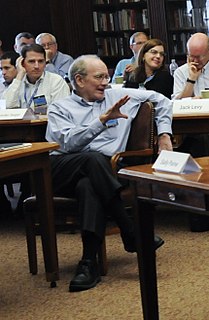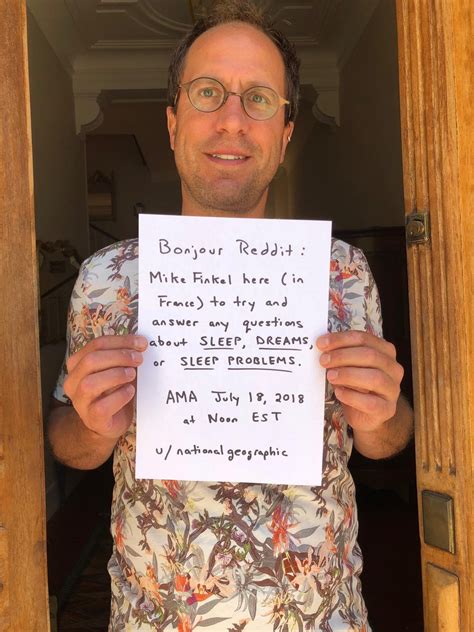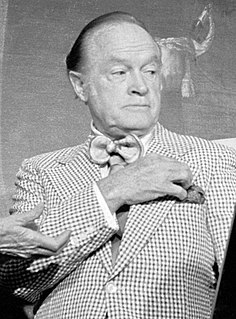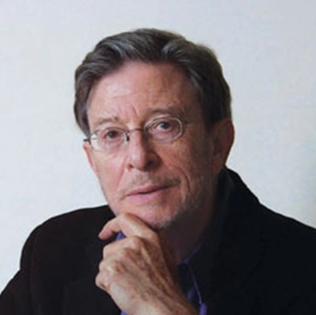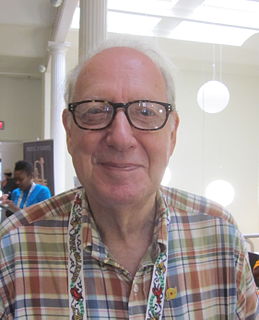A Quote by Simon Sebag Montefiore
Stalin, of course, never went on trial, but his legacy did. In 1956, three years after his death, he was denounced by Nikita Khrushchev. And his crimes were even more explicitly exposed by Mikhail Gorbachev during the late '80s. Yet to many, Stalin remains more legitimate as a Russian leader than anyone since.
Related Quotes
If we talk about changes of power in Russia, that has occurred several times in the past century. After Stalin came Khrushchev, who implemented his legacy quite radically, one could say. But there was no blood, nonetheless. After Brezhnev came Gorbachev. I'm not talking about the ones who were in power for only a short period of time. Gorbachev, too, left a very radical legacy.
Socrates was the chief saint of the Stoics throughout their history ; his attitude at the time of his trial, his refusal to escape, his calmness in the face of death , and his contention that the perpetrator of injustice injures himself more than his victim, all fitted in perfectly with Stoic teaching. So did his indifference to heat and cold, his plainness in matters of food and dress, and his complete independence of all bodily comforts.
In all spheres of modern life the influence of Stalin reaches wide and deep. From his last simply written but vastly discerning and comprehensive document, back through the years, his contributions to the science of our world society remain invaluable. One reverently speaks of Marx, Engels, Lenin and Stalin—the shapers of humanity’s richest present and future.
Can and must! The proclamation of this new conception of [Joseph Stalin] is closed by the same words, "Such are in general the characteristic features of Lenin's conception of the proletarian revolution." In the course of a single year Stalin ascribed to [Vladimir] Lenin two directly opposed conceptions of the fundamental question of socialism. The first version represents the real tradition of the party; the second took shape in Stalin's mind only after the death of Lenin, in the course of the struggle against "Trotskyism".
N. S. Khrushchev established his supremacy in the U.S.S.R. after post-Stalinist alarums and excursions (1958-64). This admirable rough diamond, a believer in reform and peaceful coexistence, who incidentally emptied Stalin's concentration camps, dominated the international scene in the next few years. He was also perhaps the only peasant boy ever to rule a major state
His words even imply that philanthropy has deeper depths than is generally realized. The great emotions of compassion and mercy are traced to Him; there is more to human deeds than the doers are aware. He identified every act of kindness as an expression of sympathy with Himself. All kindnesses are either done explicitly or implicitly in His name, or they are refused explicitly or implicitly in His name.
Mikhail Gorbachev's historic leadership, which transformed Russia and international relations, cannot be fully understood without the diary-memoir of Anatoly Chernyaev, one of his most important advisers and closest confidants. Splendidly translated, edited, and introduced by Robert English and Elizabeth Tucker, his Six Years with Gorbachev is now available to everyone who wants to comprehend those final momentous events of the twentieth century.
Armstrong was the key creator of the mature working language of jazz. Three decades after his death and more than three-quarters of a century since his influence first began to spread, not a single musician who has mastered that language fails to make daily use, knowingly or unknowingly, of something that was invented by Louis Armstrong.
Vladimir Putin is a Russian czar. He's kind of a mix of Peter the Great and Stalin. He's got both in his veins. And he looks out first and foremost for the national security interests of Russia. He accepts that, in Eastern Europe, that is a Russian backyard, that is a Russian sphere of influence. Ukraine lives most uncomfortably and unhappily in a Russian backyard.






